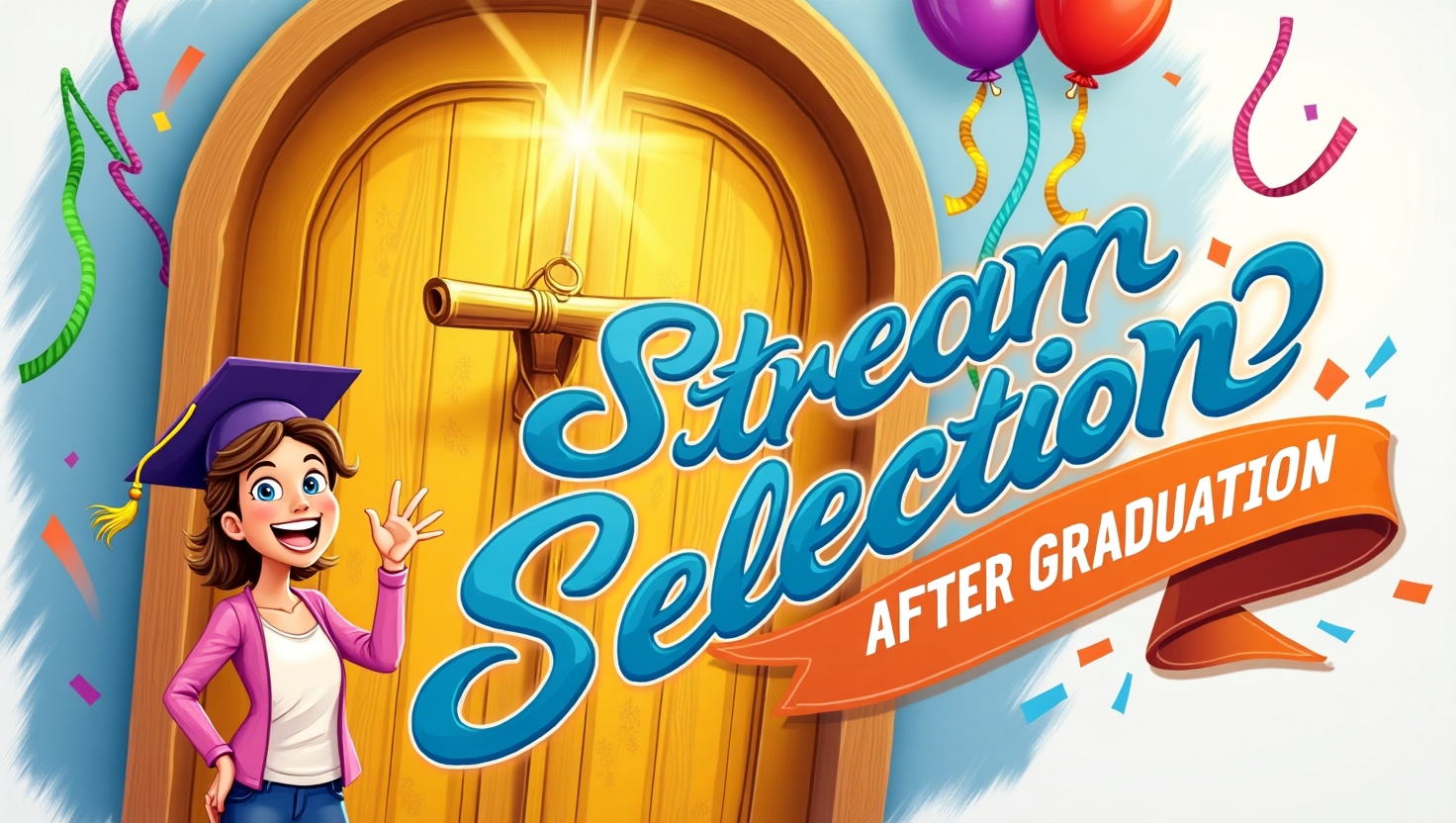Graduation is one of those milestones in life that feels both exciting and confusing. You’ve spent years studying, writing exams and collecting credits — and now suddenly you’re expected to make big decisions about your future. Whether you’ve done a degree in science, arts, commerce or anything in between, figuring out what to do next is rarely simple. The job market is competitive, new career options keep emerging, and family or peer expectations often add pressure.
I wanted to write about this topic because I’ve seen many students and fresh graduates get stuck between choices. Some feel lost because they don’t have a clear plan, while others jump into a job only to realise it doesn’t suit them. The truth is, there’s no single path after graduation — and that’s not a bad thing. What matters is how you approach your career journey, the questions you ask, and how open you are to learning and trying new things. This article is about breaking down the confusion, offering practical steps and sharing some honest advice I wish someone had given me after college.
Start With Self-Reflection
Before you rush into job applications or higher studies, take a pause. Ask yourself what kind of work excites you. Are you someone who enjoys working with people? Do you like solving problems or building things? Would you rather work in a fast-paced environment or a quiet research space?
Think about:
- Your strengths and skills
- Subjects or activities you enjoyed the most in college
- Internships, part-time jobs or projects that gave you satisfaction
- Your preferred work style (team-based, individual, remote, structured, flexible etc.)
Journaling or talking to a trusted mentor can help you get clarity.
Explore Different Career Paths
Gone are the days when your degree decided your career. A BA graduate can get into marketing, a science student can go into data analytics, and commerce students can work in design. It’s important to explore various paths that align with your skills and interests.
Here are some examples:
| Degree Background | Possible Career Options |
|---|---|
| B.Com | Finance, Digital Marketing, Business Analytics, HR, Sales |
| B.Sc | Data Science, Research, UX Design, Healthcare Management |
| B.A | Content Creation, Social Work, Teaching, Public Relations |
| B.Tech | Software Development, Product Management, Cybersecurity |
The idea is to not limit yourself to what everyone else is doing. Be curious and explore job roles even if they don’t match your degree exactly.
Internships Are Key
If you’re unsure about a field, try an internship. It’s one of the best ways to test the waters without a long-term commitment. Many companies now offer remote internships, and some even provide stipends.
Internships help you:
- Understand real work culture
- Pick up industry-relevant skills
- Build your CV and professional network
- Discover what you like (and don’t like)
Even short internships of 1-2 months can give you enough experience to make better decisions.
Upskill According to Demand
Many fresh graduates struggle because they lack job-specific skills. College teaches you the theory, but jobs demand practical know-how. This is where online platforms and certificate courses come in handy.
Some popular skills currently in demand:
- Digital Marketing
- Data Analysis with Excel, SQL or Python
- UI/UX Design
- Project Management
- Communication and Presentation Skills
Websites like Coursera, LinkedIn Learning, Skillshare and even YouTube offer great learning material. Choose one or two areas and go deep, instead of trying everything at once.
Build Your Network Early
It might feel awkward at first, but networking can really help you find the right opportunities. Start by:
- Connecting with alumni on LinkedIn
- Attending webinars, career fairs and local meetups
- Joining professional groups related to your field
- Talking to people who are doing the kind of work you want to do
Most job referrals and interview calls come through connections. So don’t wait — start conversations, ask questions, and stay visible.
Prepare for the Job Hunt
When you’re ready to apply, make sure your resume and cover letter are in good shape. Avoid using the same CV everywhere — tailor it to the job you’re applying for. Highlight internships, projects, certificates and even college leadership roles that show you’re proactive.
Some quick tips:
- Keep your resume one page long if you’re a fresher
- Add a short profile summary at the top
- List specific skills like “Advanced Excel” or “Social Media Campaign Management”
- Use action words like “organised”, “created”, “led”, “analysed”
Practise mock interviews with friends or mentors. And don’t feel discouraged by rejections — it’s part of the process.
Consider Alternate Routes
Not everyone wants to jump into a corporate job, and that’s fine. You can explore:
- Government exams and public sector jobs
- Freelancing in writing, design, tech or marketing
- Starting your own venture or joining a startup
- Volunteering with NGOs to gain experience in the development sector
- Higher studies in India or abroad if you’re clear about the field
Take your time to figure this out, but keep learning and trying. The idea is to stay active and not pause your growth.
Final Thoughts
There’s no perfect way to start your career after graduation. It’s okay to feel lost at times. What matters is how you respond to that feeling — by exploring, learning, taking small steps and asking for help when needed. Every career path has ups and downs, and there’s always room to course-correct. So be patient, be open, and stay curious. Your career is a journey, not a race. And you don’t need to have it all figured out from day one — you just need to get started.



















